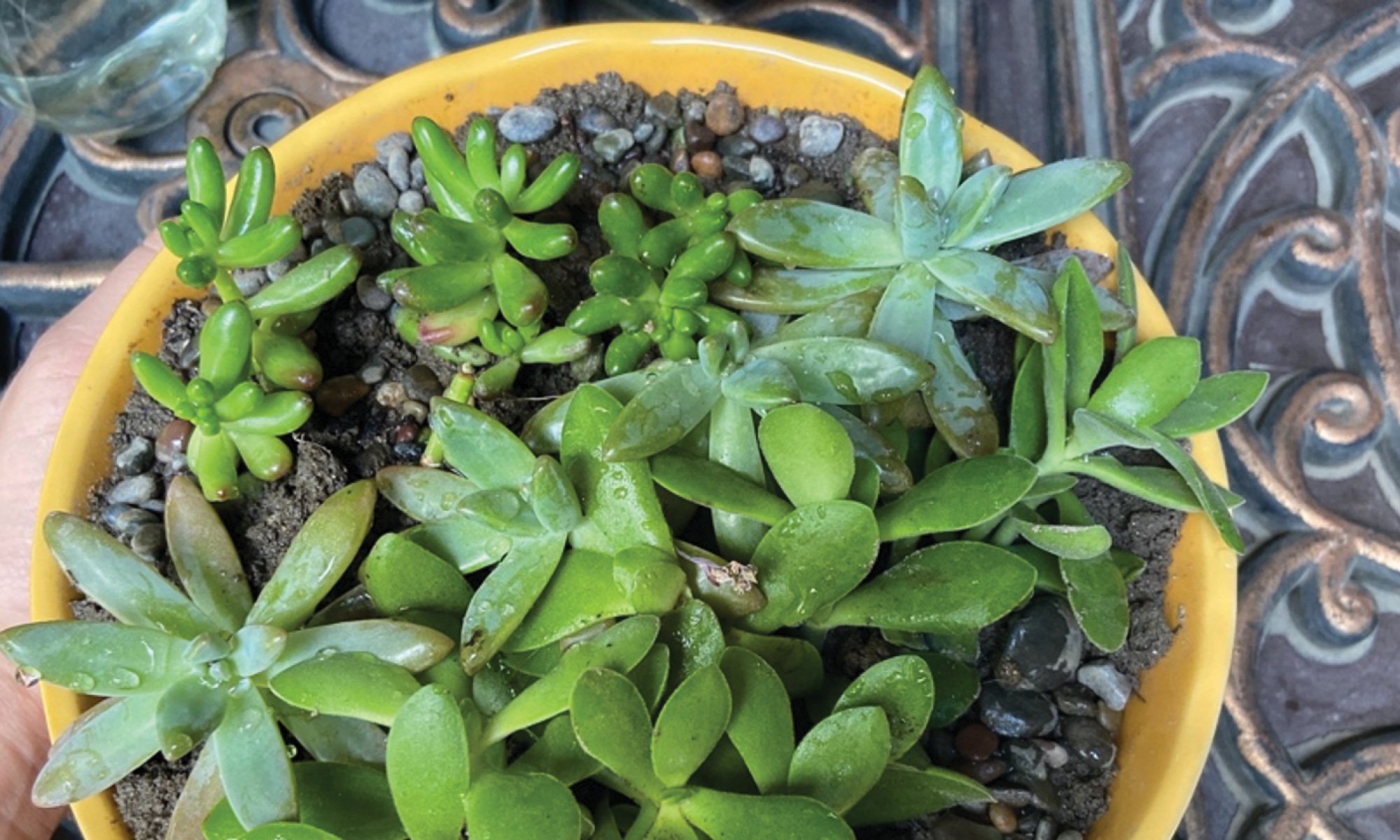COMMUNITY MEMORIAL QUILT
Growing Together
COMMUNITY MEMORIAL QUILT
Growing Together
Jahaira Pacheco
During my time as a research team leader for the 2020 Summer Undergraduate Research Workshop Series, Sentimientos y Terrenos (Feelings and Terrains) led by Dr. Ana E. Rosas at the University of California, Irvine, I expanded my appreciation for the invigorating potential of Latinx History as a pathway to navigating the isolation of our global pandemic alongside my undergraduate student peers. The assignments undertaken during this workshop series required my full attention to properly dissect the readings and engage in meaningful conversations with my peers via zoom.
One of the assignments we were tasked with was to gather as teams and create a PowerPoint presentation on a Latinx person our respective teams felt the United States should have a greater appreciation for. As I prepared for my team meeting and thought about Latinx people who I have learned from over the years, I realized it was about five people. I jotted down the names of a few well known Latinx activists and shared them with my teammate. Both my teammate and I discussed the agony that came with realizing society and schools do not discuss the important role Latinx people have had on U.S. history. For this reason, we decided to have our presentation focus on the history of Luisa Moreno.
As I learned more about her work as a leader in the labor movement, I became filled with frustration because I felt as if my education before college had failed me. My entire educational career up until freshman year of college simply covered the stories of well-known activists, neither of whom were a part of the Latinx community. I asked myself, “Why had I never heard from her in any of my history classes?” and “Why had I never learned about activists such as Cesar Chavez and Dolores Huerta in my history classes?”. While I did learn about the work of Cesar Chavez and Dolores Huerta, it was not until I took Spanish courses in high school that I did so. As I now reflect on these questions as an undergraduate first-generation student, I understand the importance of community engagement and how crucial it is to uplifting minority communities. I was able to see the role of students in a community as that of a plant.
If one is to nourish and care for the plants, they will grow, it is not so different for communities in need. If students are provided with an education that fuels their sense of desire to give back, they will create change. The positive change will begin to heal and uplift their communities. It is crucial for me that as a first-generation undergraduate Latinx student, I do my part of teaching those around me and in my community about Latinx people who have fought for positive change.
Sign up to get programming updates
By submitting this form, you are consenting to receive marketing emails from: Imagining America, 207 Third St., Ste. 120, Davis, CA, 95616, https://imaginingamerica.org/. You can revoke your consent to receive emails at any time by using the SafeUnsubscribe® link, found at the bottom of every email. Emails are serviced by Constant Contact

